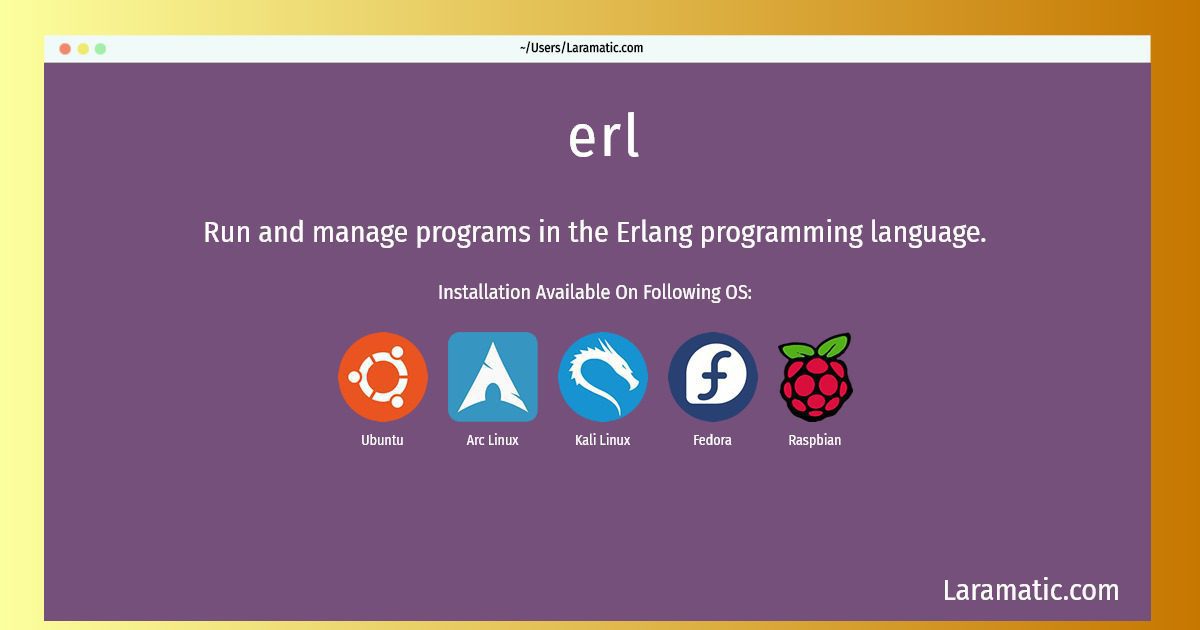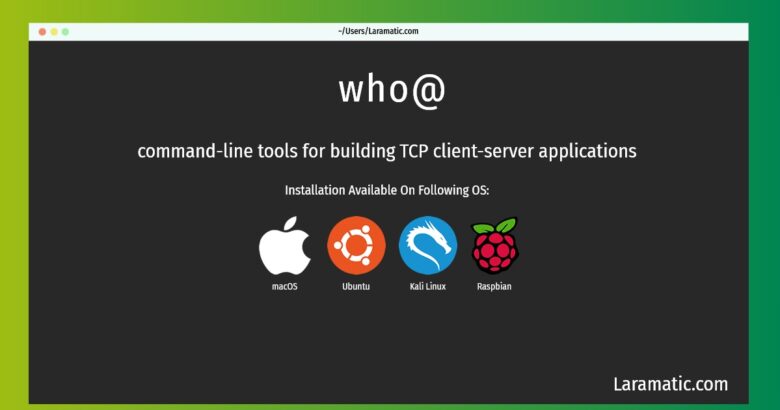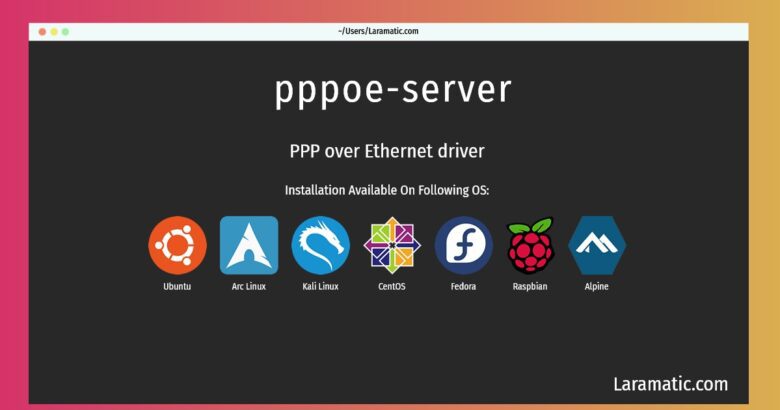Erl Installation On A Debian, Ubuntu, Arch, Kali, Fedora And Raspbian
Maintainer: Debian Erlang Packagers
Email: [email protected] .
Website: http://www.erlang.org/
Section: interpreters
Install erl
-
Debian
apt-get install erlang-baseClick to copy -
Ubuntu
apt-get install erlang-baseClick to copy -
Arch Linux
pacman -S erlang-baseClick to copy -
Kali Linux
apt-get install erlang-baseClick to copy -
Fedora
dnf install erlang-baseClick to copy -
Raspbian
apt-get install erlang-baseClick to copy
Run and manage programs in the Erlang programming language.
How to use erl?
Below are few example commands for erl that you can use in the terminal.
Compile and run sequential Erlang program as a common script and then exit:erlc files && erl -noshell 'mymodule:myfunction(arguments), init:stop().'Click to copyConnect to a running Erlang node:erl -remsh [email protected] -sname custom_shortname -hidden -setcookie cookie_of_remote_nodeClick to copyTell the Erlang shell to load modules from a directory:erl -pa directory_with_beam_filesClick to copy
Installing erl command is simple. just copy one of the above commands for your operating system and paste it into terminal. This command is available for Debian, Ubuntu, Arch, Kali, Fedora and Raspbian operating systems. Once you run the command it will install the latest version of erl 2024 package in your OS.







